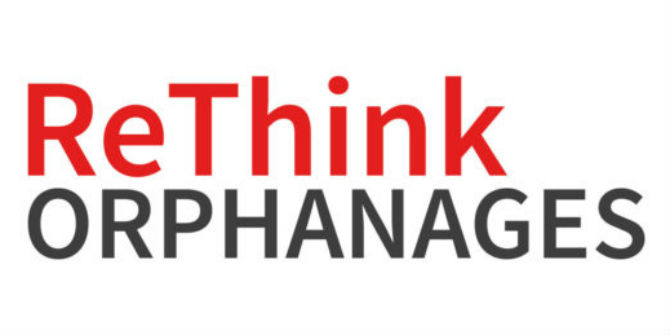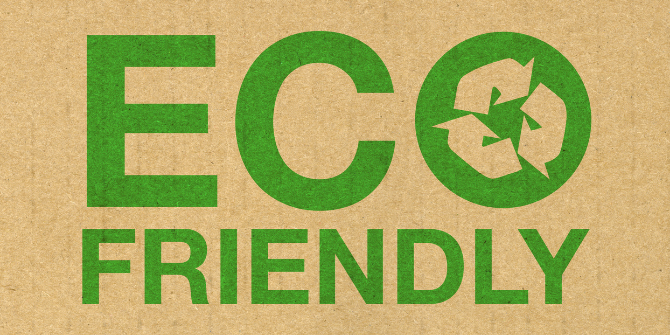Guest blog by LSE alum Sejal Patel who studied MSc Environmental Economics and is now working at the Overseas Development Institute:
International development is a wide field, covering a range of topics, and there is no single route to follow into a career in the field. That is what makes this career so exciting and dynamic. You have the flexibility to work on a wide range of projects, constantly using different methodologies, collaborating with different organisations, and producing different outputs. In this blog, I’m going to discuss my experience of working in international development think tanks: the barriers, the opportunities, and getting into the field.
There are a wide range of roles in think tanks from researchers, to programme managers, communications staff, and internal departments such as HR, finance, travel security, IT and building facilities. Researchers undertake knowledge production and development work. Programme managers oversee project timelines, organisation and dissemination activities. Communications staff manage content, dissemination, and the overarching narratives of work.
My background
I work in the climate finance team at ODI. ODI is the UK’s leading independent think tank on international development and humanitarian issues. There are around 250 staff members, around half of whom are researchers. Research on climate finance involves looking at the financing of climate change activities in terms of the volume and origin of financial flows, the mechanisms used, the projects and programmes being financed, and identifying where the targeting of financing can be improved. I look at development in terms of environmental and economic policy, green growth and low-carbon development pathways, as well as aid architecture, international mechanisms and national budgetary processes.
I did my master’s in Environmental Economics at LSE. Before this I undertook an undergraduate degree in Economics and Geography at UCL and then spent some time working in both the public and private sector, with positions in China and India as well as the UK. What attracted me to working in an international development think tank after graduating from LSE, as opposed to say in international development consulting, was the flexibility of being a researcher in the field. It is a cross between being an academic and a consultant. Like a consultancy, you work on projects, which vary in size, scope, and duration. But like an academic, you involve yourself in furthering learning, practice and knowledge; you write journal articles as well as reporting to clients on your findings. For me, this mix provides an interesting work environment of analysis and practical implementation, stretching the development of my skills in both fields.
Getting into the field
I found that a barrier in finding a research post is that the majority of jobs in the field are for experienced individuals. It is perhaps understandable because of the high-level nature of much of the work, but it can make it hard to get in. Many people come to the field with experience from other fields and sectors; as well as the more ‘traditional’ policy, economics and social science backgrounds, I’ve worked with colleagues from backgrounds ranging from investment banking, to chemistry or engineering. This foundation of technical knowledge and practical experience allows for very useful and nuanced commentary on the intersection of development and their field.
Hence, one option of getting into international development is to see it as a second phase of a career in which you have specialised in a different field – or worked in the same field but in a different role – before moving into using that knowledge as a researcher. That is not to say that there are no positions in the field for individuals starting their career. This route into the field would be through positions such as a research assistant or research officer where you can build up experience of working on projects, gaining in-country experience, and building a network in your specialisation.
An insider tip here is to be active while you are still in your studies. Whilst in many sectors sending unsolicited emails can be unwelcome and are seldom responded to, I’ve noticed that in the research sector, if you are aware of a researcher or a team working on a topic that you are specialising in during your studies, it is worth asking if there are any opportunities to get involved. Think tanks will appreciate that you have experience on the topic and hence can add value to their work, which can potentially result in short-term paid work, helping you to build up experience of working on projects.
Other ways to get experience include participating in in-country programmes, asking your department for opportunities to contribute to research, and finding internships or work abroad. The LSE Careers webpage on how to get into international development provides some good tips. The key is to have clarity that you want to be a researcher, what topics you’re interested in, and what value you can add, and then set about getting experience and creating a network.





